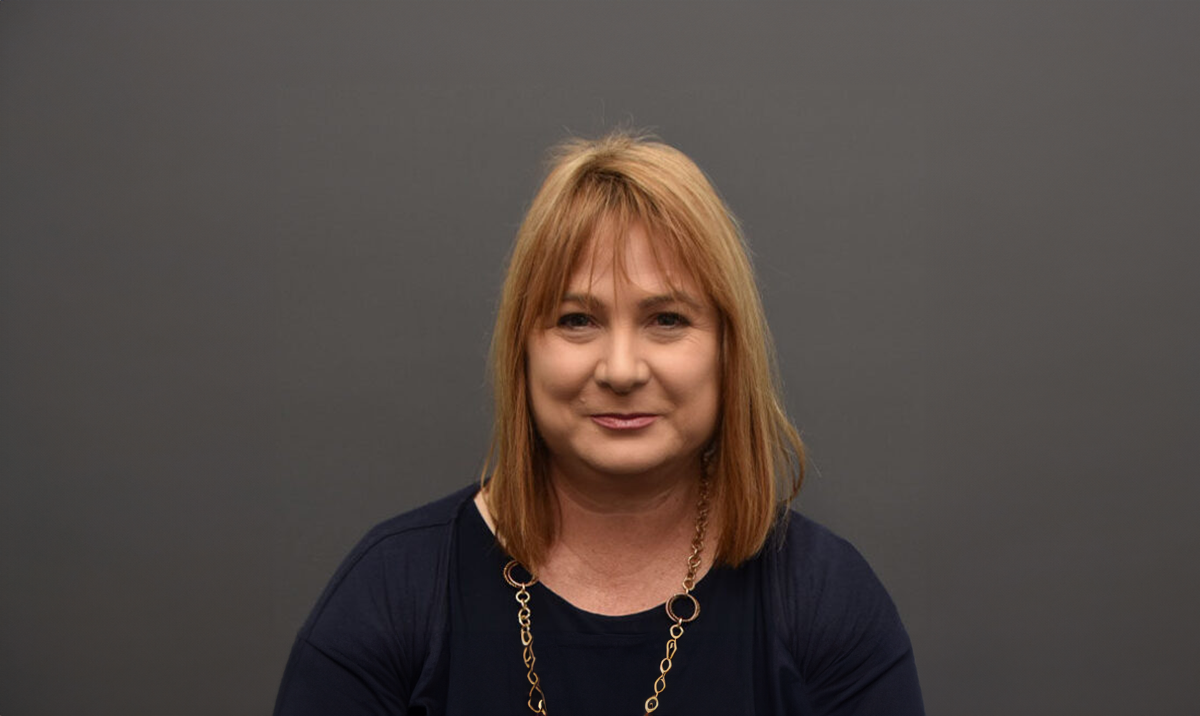
What’s wrong with your board?
Three common ‘traps’ impact boards across the world in private and publicly listed businesses alike. Here’s how to identify which trap is standing between you and success in the boardroom....

by Tania Lennon Published December 11, 2024 in Brain Circuits • 2 min read
The first step is to identify which skills are needed to keep ‘performing’ or improving the core existing business while ‘transforming’ by identifying and developing opportunities for creating new revenue streams. This is known as ‘dual transformation.’
CEOs who excel here tend to exhibit optimization and transformation behaviors across all aspects of leadership (strategy, execution, leading people and teams, leading stakeholders, and leading self).
The application of new technology, including game-based assessments and the application of GenAI to assessments, can produce a better candidate experience and richer insights into leadership performance and potential, serving as the basis for progression planning and career development.
New technology offers greater precision and deeper insight for three reasons:
An important element of the development process is that candidates are ‘progressed’ rather than succeeding someone, which implies promotion.
Progression also gives flexibility for the candidate to be developed in different dimensions, rather than only in a linear direction (promotion).
This widens the range of possibilities for development to ensure sufficient breadth of experience, which research has shown to be directly correlated with leaders’ propensity to deploy both optimization and transformation behaviors.
Leaders face a proliferation of responsibilities and expectations to capitalize on economic and market changes while managing in an unstable and evolving geopolitical world. These demands can be met through innovation talent assessment and development strategies to identify, assess, develop, and sustain a pipeline of top talent to future-proof the business.

Executive Director of the Strategic Talent Development initiative
Tania Lennon leads the Strategic Talent team for IMD. She is an expert on future-ready talent development, including innovative assessment methods to maximize the impact of talent development on individual and organizational performance. Lennon is a “pracademic”, blending a strong research orientation with evidence-based practice in talent development and assessment.

3 hours ago • by Denise H. Kenyon-Rouvinez, Paul Strebel in Brain Circuits
Three common ‘traps’ impact boards across the world in private and publicly listed businesses alike. Here’s how to identify which trap is standing between you and success in the boardroom....

March 4, 2026 • by Tomoko Yokoi, Michael R. Wade in Brain Circuits
Many organizations are discovering that scaling AI is far more difficult than piloting programs. Drawing on data from the world’s largest 300 companies, the IMD AI Maturity Index reveals how the leading companies...

March 3, 2026 • by Jackie Cooper in Brain Circuits
Assumptions about digital natives in the workplace often prevent leaders from building more meaningful connections....

February 26, 2026 • by Michael R. Wade in Brain Circuits
Workplace silos are a huge productivity inhibitor. Casper Herzberg, CEO of industrial software company AVEVA, tells Michael Wade how radical collaboration can create value....
Explore first person business intelligence from top minds curated for a global executive audience